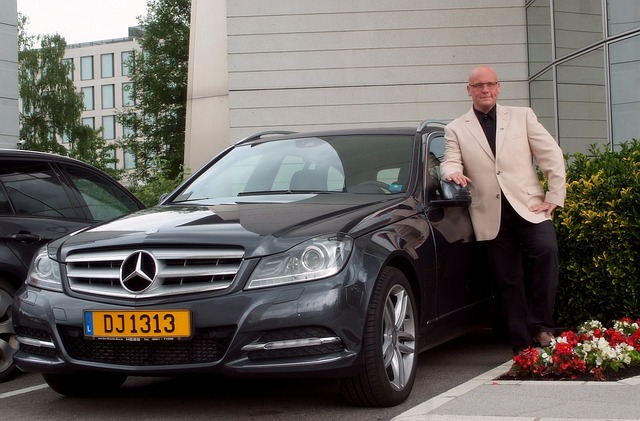Baby Boomers are immune from higher interest rates because they don’t need or want to borrow money to purchase a home or motor vehicle.
A growing proportion of homes sold each year are bought without a mortgage. Last year, in Australia, more than 25 per cent of homes were bought with cash by older Australians.
Whenever the Reserve Bank raises interest rates to drive down inflation, it has little significant effect on the baby boomer population.
When an older citizen purchases a home it’s usually because they have sold their previous residence. Some are purchasing a similar home in a regional area where property prices are less expensive. Some are moving to coastal areas for enhanced lifestyle and better climate.
Baby Boomers Are Doing Well
Many older citizens, especially the “baby boomer” generation who have benefited from high house prices, are downsizing the family home to a smaller property.
Many baby boomers, those born after World War II to the 1960s, have inherited their parents’ properties.
This means they have excess cash to spend on luxury cars, overseas holidays, or invest for retirement. Increased interest rates provide higher returns on investments for baby boomers making their lives better. Now they have even more cash to splash.
Younger Generations Are Worse Off
The fact that the baby boomers are immune to higher interest rates and have all the property has created a serious generational divide in the property market.
Many older generation people tend to purchase a home and never sell it causing less homes to be available for sale and a slowdown in the velocity of circulation of money. The number of properties for sale does not match the demand from younger buyers. Therefore, home prices move higher.
Research shows that younger generations of homeowners have larger home loan balances, particularly those who have purchased recently, while many older homeowners have paid off their home loan. As a result, when interest rates are raised to slow the economy and reduce inflation, the younger generation are hit the hardest.
Many younger borrowers with large loan balances, have seen their mortgage repayments increase dramatically with rising interest rates.
Research shows that young homeowners are paying the highest share of their income on mortgage costs in at least four decades.
As a result, they are reducing spending on discretionary items, such as vacations, dining out, streaming services, and other entertainment.
Millennials Will Not Reach their Retirement Goals
Where Are Property Buyers Paying Cash
Research has shown that cashed-up buyers are purchasing in affluent city areas and paying higher prices to move into that market. It seems the rich can afford increasingly more expensive property.
Other cashed-up baby boomers are moving to the sun. Coastal areas and states with warmer climates are still very popular.
However, there is a growing trend to move to the Caribbean and Central Americas for more affordable property, relaxed lifestyle, and warmer climate. Relax around the pool in the sun without the worry of paying a mortgage.
Popular places to live are Costa Rica, Dominican Republic, Mexico, Panama, Puerto Rico, and US Virgin Islands.
Check out Caribbean House Prices here.
Are Baby Boomers Making Inflation Worse?
Some argue that the increasing influence of baby boomers on the housing market is driving up prices and making inflation worse.
Older buyers, especially the ones that are paying cash for new property, are basically immune to interest rate rises. Their spending may be contributing to the inflationary effect on property prices.
However, the overall proportion of cash property purchases has remained steady at around 25% for many years So there doesn’t appear to be an increased impact on inflation from baby boomers.
Source: ABC News


